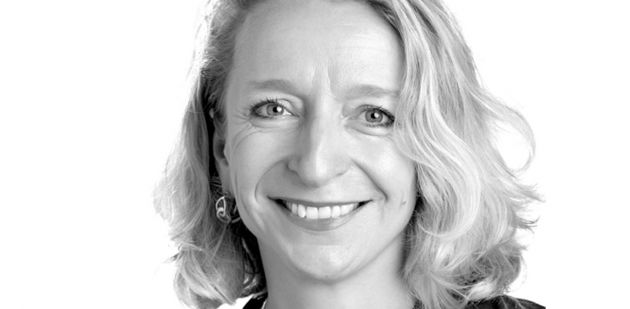Covering mirrors in remembrance of those who have left us rather than getting distracted by our own image.

Not letting any grief show so that our loved ones can leave this world with total peace of mind. Not touching the body of the deceased for three and a half days to let the conscience leave the body peacefully. Humans have always been careful about anticipating death and considering it an integral part of life. That gave it all balance.
But if we take a good look at recent history, a trend has been gaining ground to push in the opposite direction, with the emergence of cryonics, transhumanism and the frantic fight against ageing. These are all examples of the ways some are trying to put an end to death.
As Atul Gawande, a professor at Harvard T.H. Chan School of Public Health in Boston, puts it, “modern scientific capability has profoundly altered the course of human life. People live longer and better than at any other time in history.” The downside of this pretty picture is less encouraging. He believes that these rapid scientific advances have led some to believe that ageing and death are mere clinical conditions that can be treated. But, he adds, “we in the medical world have proved alarmingly unprepared for it.”
Medical school prepares students to repair the body, but does it teach them how to get through its passing? Definitely not, is Dr Gawande’s response, pointing to Tolstoy’s Ivan Ilyich, a patient on his death bed surrounded by doctors who are trained to save him and stubbornly deny that he is dying. Ilyich is left without empathy or understanding in his last moments of life. Nowadays, with the developments in medicine, “we put Ivan Ilyich out of our heads,” the American surgeon says.
Or, as Loïc Payrard sees it, “still too many health care providers are incapable of talking about death because they are forced to deal with their own powerlessness.” This student from the Faculty of Biology and Medicine at the University of Lausanne is vice president of Doctors & Death, an organisation working to help future physicians grapple with their emotions and to come up with better ways for doctors and patients to communicate with each other.
Aren’t they the ones who are first to suffer from these attitudes that ignore the possibility that we may be finite? Some health professionals are currently working to reintegrate death as an integral part of health care, to think about it, even when it seems unthinkable. One of them is Professor Borasio, chief of the Palliative Care and Support Service, who also advocates the introduction of advance directives on the subject. Others are working to implement patient care plans as a basic element in treatment. In trying to defeat death, we are also depriving patients of their final moments of life.⁄